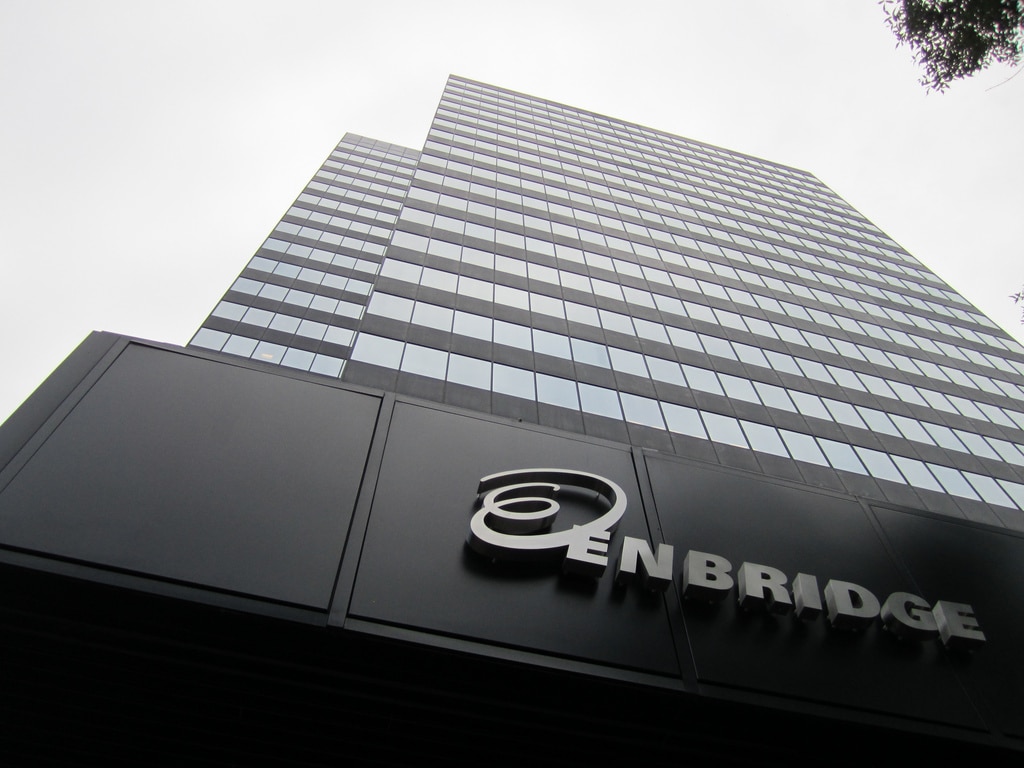Enbridge will have to secure an environmental assessment certificate from the B.C. government if it wants to proceed with its Northern Gateway oil pipeline according to an order issued by B.C.’s Environmental Assessment Office on Friday.
Early on in the Northern Gateway process, the B.C. government signed an “equivalency agreement” with the federal government, giving Ottawa the responsibility for the environmental assessment.
However, a Supreme Court of B.C. decision this January found that the B.C. government acted improperly and that the province must still make its own decision about issuing an environmental assessment certificate.
In a letter to Enbridge posted last week, B.C.’s Environmental Assessment Office states that it will accept the National Energy Board’s (NEB) joint review panel report as the assessment report, but it will carry out its own consultation with Aboriginal groups — if and when Enbridge indicates it’s ready to proceed (it’s clear Enbridge must make a move here).
“The big open questions are what does consultation look like and how will that impact their decision?” said Eugene Kung, staff counsel at West Coast Environmental Law. “Are they just going through the motions to issue a certificate?”
The B.C. government formally opposed the project in its final argument to the NEB panel.
“How do they incorporate their own previously stated opposition to the project?” Kung asked. “It seems hard to imagine them issuing a certificate given their previously stated positions.”
The province’s letter states that no decisions will be made on any permit applications related to the construction or operation of Northern Gateway until a decision on the environmental assessment certificate has been made.
That calls into question the project’s existing federal environmental assessment certificate, which has several conditions attached including one that stipulates that Northern Gateway must have proven firm supply contracts accounting for 60 per cent of capacity by July 1, 2016. Further to that, Northern Gateway’s certificate will expire by December 31, 2016, unless it begins construction.
While the Enbridge Northern Gateway project is widely seen as dead — with Prime Minister Justin Trudeau promising to legislate a ban on oil tankers on B.C.’s north coast — the latest news raises questions about Kinder Morgan’s Trans Mountain pipeline proposal.
The province of B.C. signed the same equivalency agreement for the review of Trans Mountain, but will now need to make a decision on issuing its own provincial environmental assessment certificate and needs to consult with affected First Nations on that decision.
The province also opposed the Trans Mountain project in its final argument to the joint review panel.
Enbridge Northern Gateway would transport 525,000 barrels of bitumen per day from Alberta to Kitimat, where it would be loaded onto tankers bound for Asia.
Kinder Morgan’s Trans Mountain expansion would triple the capacity of that pipeline, allowing for the transport of 590,000 barrels of oil per day from Alberta to Burnaby, where it would also be loaded onto tankers bound primarily for Asia.
Image: Mack Male/Flickr
Subscribe to our newsletter
Stay up to date with DeSmog news and alerts






